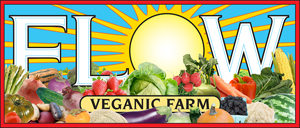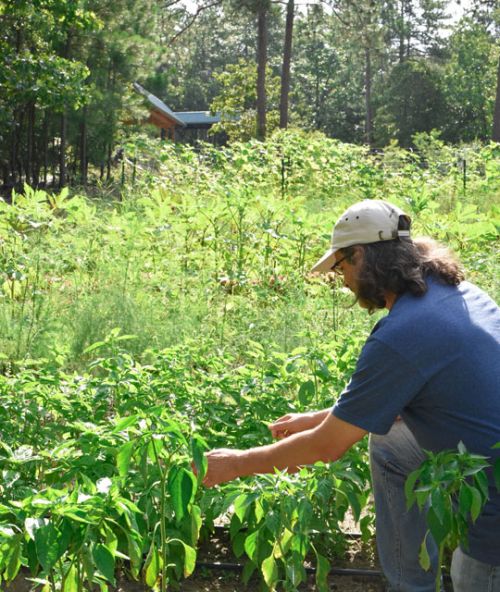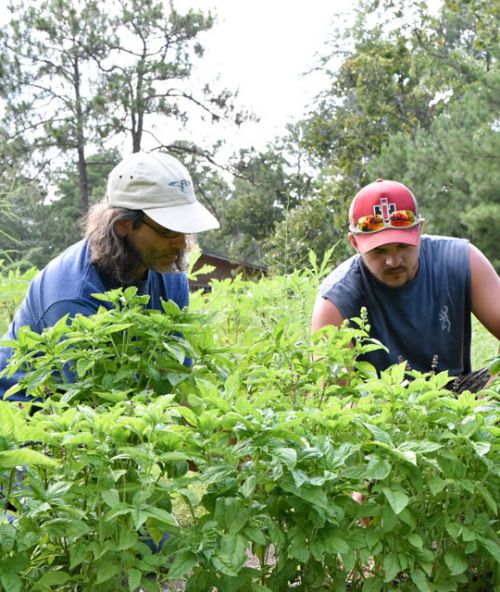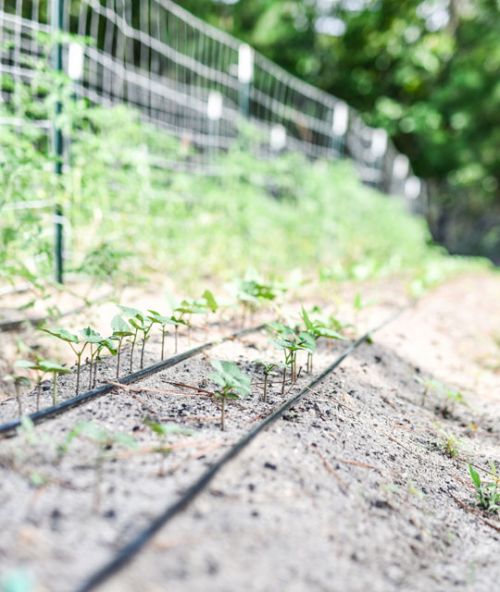Our People
Family Owned and Operated with Love!
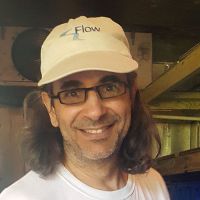
Mark Epstein
Owner/Farmer
I always really loved farms, and I grew up a vegetarian and so it made sense to me to grow some of our own food. Farming is a noble exploration into the wonder and miracle of life. How do those seeds know what to do? And how can we assist in a positive way for the whole environment? We apply a blend of science, art, and intuition into our farming techniques, and a lot of hard work. I delight in walking around the farm, and looking at everything that we’re creating. Jules and me and our boys are vegan, so having our farm be veganic is a simple extension of our own values. And, that feels good. And, I love eating the food!
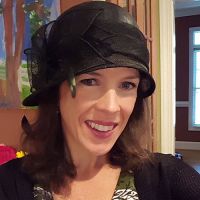
Jules Latham
Owner
As an environmental attorney, the arguments for taking care of our planet by adopting a vegan diet and caring for our soil and water table by practicing veganic farming just made sense. As a mom, it’s something I can feel truly good about. I’m honored to be able to support Mark and Billy as they do the real work of growing nutrient-rich, beautiful, delicious food, all while improving the health of our soil. That we do this without contaminating our crops with pesticides, or adding hormones or the possibility of animal-borne diseases to our produce and the environment, this is something to celebrate!
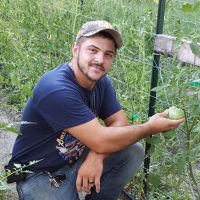
Billy Bullen
Farm Manager
Flow Farm has changed my outlook on life regarding sustainability since I started here in 2010. Before I started working with Mark, I thought I knew what sustainability was, but through working here I have learned a whole new level of sustainable and eco-friendly practices. I'm finishing my degree in Sustainable Agriculture at Central Carolina Community College in Sanford/Pittsboro. My goal is to grow sustainable produce for our local community, and to pass on any knowledge I have to anyone interested in making our planet a better place. Working alongside Mark here at Flow Farm is an honor, and I hope to be here many more years growing food for our local community.

Kendra Lee
Photographer
As a self proclaimed ‘foodie’, it was a surprise to everyone in our lives when our 10-year-old announced she was no longer going to hurt animals by eating them. It was an even bigger shock to everyone when we all agreed to do follow her lead. Everything we knew about eating and food changed that very moment. While we are not 100% vegan, we have made huge changes and are learning to cook and love foods that we would have never considered before when every meal was centered around meat. Knowing our food doesn't hurt any living being makes mealtimes so much more gratifying. It's been an incredible year for us, and the cherry on the top has been my invitation to officially photograph Flow Farm. I am so very impressed with the hard work Mark and Billy have put in, and being asked to document the beauty of it all is a true honor.
